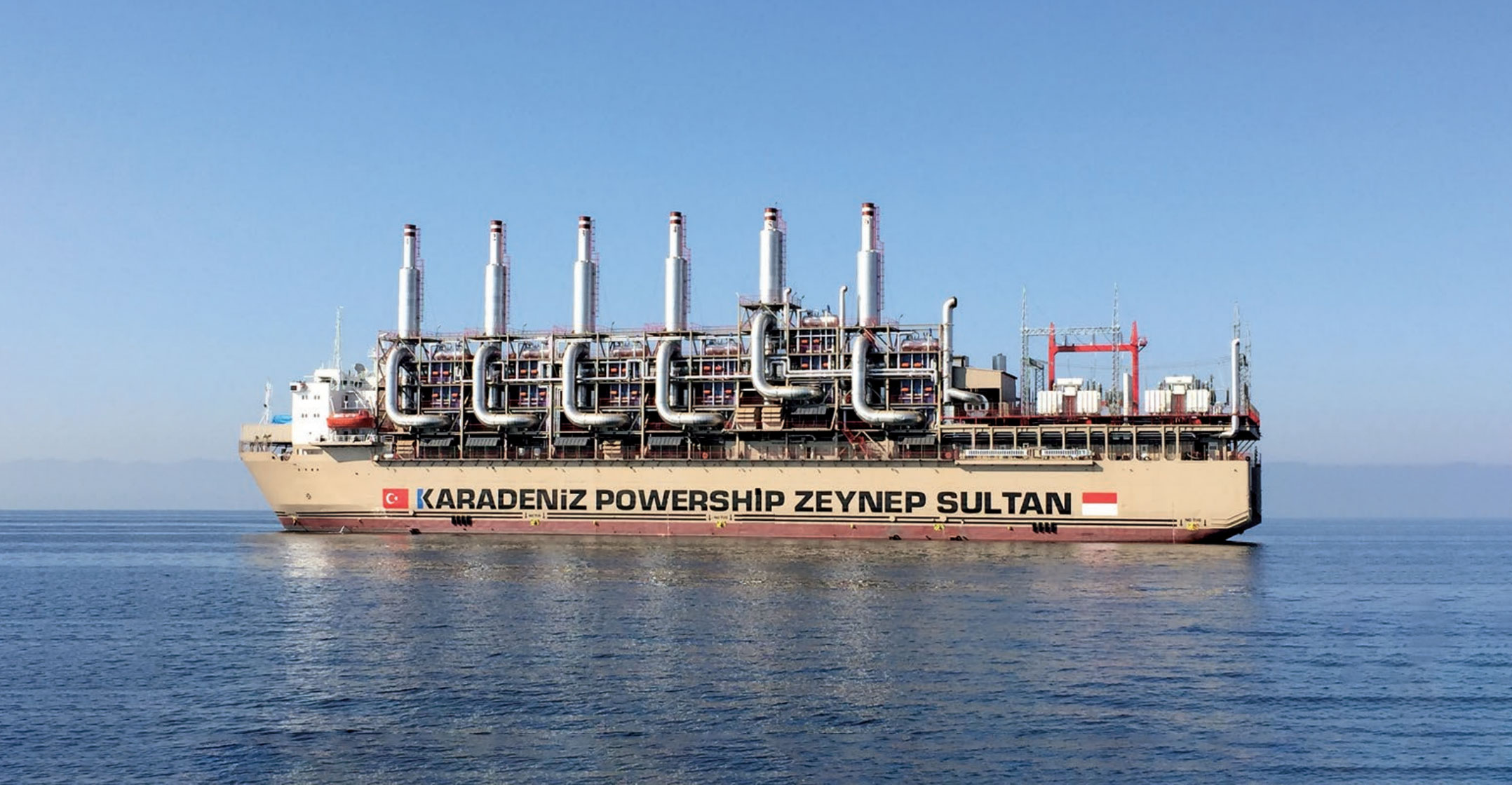 A key obstacle to an emergency programme to supply 2GW of power to South Africa’s grid has been removed with the dismissal of a legal challenge to the process by a losing bidder.
A key obstacle to an emergency programme to supply 2GW of power to South Africa’s grid has been removed with the dismissal of a legal challenge to the process by a losing bidder.
DNG Energy Limited, which was seeking to supply power from gas-fired plants, had its application to halt the process dismissed and was ordered to pay legal costs, according to a judgment distributed by the high court on Sunday.
DNG had alleged that corruption involving government officials had led to Turkey’s Karpowership, which supplies electricity from gas-fired plants on ships, winning the bulk of the emergency power contract.
The government countered that DNG’s bids didn’t meet its requirements and rejected the allegations made against it.
“The demonstrable reason for DNG’s unsuccessful bids was because it failed to meet a myriad” qualification criteria, judge Joseph Raulinga said in his judgment. The company also submitted additional documents without getting the correct permission from the court, he said.
DNG had demanded that its bids replace those of Karpowership.
“I believed in the merits of our case and we will study the judgment,” DNG CEO Aldworth Mbalati said. “If we believe there are merits for an appeal, we will appeal.”
Legal saga
The judgment brings to an end a legal saga that had stopped Karpowership and other successful bidders including Scatec, Acwa Power and Electricite de France from concluding financing arrangements with banks on their projects.
Still, while the first contracts were awarded in April 2021 and power was expected to be supplied by August this year, the delays caused by the lawsuit mean that deadline is now likely to be missed.
That could prolong the intermittent power outages that South Africans have been experiencing for more than a decade because Eskom can’t meet demand.
While the government-imposed deadline for concluding the financing arrangements is Monday (31 January), it has already been extended several times.
Today, we are one very significant step closer” to commercial closing and the implementation of the company’s three projects
Karpowership, which won the rights to supply 1.22GW of power for 20 years at a cost of R218-billion, is yet to get environmental authorisation for its plans. It also needs to conclude agreements with Eskom and the state ports company.
While Karpowership would burn gas to supply power, the other bids included solar power projects.
Karpowership has been “convincingly vindicated by the ruling”, the company said in a response to a query. “Today, we are one very significant step closer” to commercial closing and the implementation of the company’s three projects. — (c) 2022 Bloomberg LP




